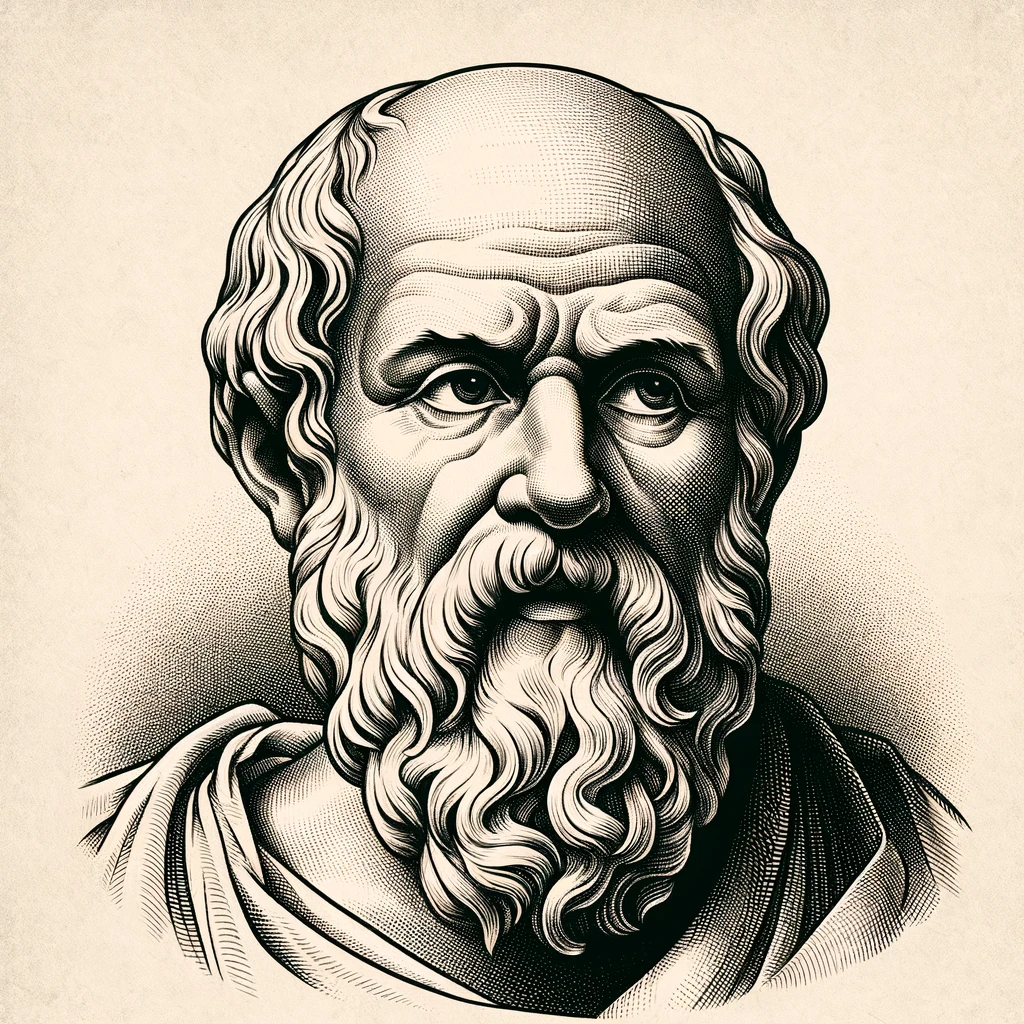The history of Christianity is intertwined with the life and decisions of Emperor Constantine, whose reign marked a significant turning point in the development and spread of this influential religion. Delving into the intriguing relationship between Constantine and Christianity unveils a complex narrative of power, politics, and religious transformation. In this article, we will explore the historical context, pivotal events, and controversies surrounding Constantine’s role in the formation of Christianity.
The Reign of Constantine:
Emperor Constantine, who ruled the Roman Empire from 306 to 337 AD, is renowned for his political and military achievements. However, his impact on religious history cannot be ignored. To comprehend his involvement with Christianity, we must examine the context of the time, including the existing religious landscape and the challenges faced by the Roman Empire.
The Conversion of Constantine:
One of the pivotal moments in Constantine’s reign was his reported conversion to Christianity. The story of his vision before the Battle of Milvian Bridge, where he saw a cross in the sky accompanied by the words “in hoc signo vinces” (“in this sign, you shall conquer”), is often cited as a turning point in his religious journey. We delve into the historical accounts and debate surrounding this event, exploring its significance and potential implications for the rise of Christianity.
Edicts of Tolerance:
Following his conversion, Constantine issued a series of edicts that granted tolerance and privileges to Christians, effectively ending the persecution they had faced for centuries. These edicts, such as the Edict of Milan in 313 AD, were significant in solidifying Christianity’s place within the Roman Empire and allowing for its subsequent growth and spread.
Council of Nicaea:
One of the most notable events associated with Constantine’s involvement in Christianity is the Council of Nicaea in 325 AD. This council aimed to resolve theological disputes and establish a unified Christian doctrine. We explore the debates and decisions made during this gathering, including the formulation of the Nicene Creed, which had a lasting impact on Christian theology.
The role of Emperor Constantine in the development and spread of Christianity is a subject of fascination and debate. While some view his actions as instrumental in the rise of the faith, others scrutinize his motivations and question the authenticity of his conversion. Regardless of one’s perspective, it is undeniable that Constantine played a significant role in shaping the course of Christianity, and his impact continues to reverberate through history.
Truth behind it:
Emperor Constantine’s influence on the development of Christianity cannot be overstated. While he did not invent the religion, Constantine played a pivotal role in its transformation and integration within the Roman Empire. One notable example is the selection of December 25th as the celebration of the birth of the Son of God.
Interestingly, this date coincided with the pagan festival of Saturnalia, a time when Romans celebrated the winter solstice and the return of light. By aligning the Christian celebration with an existing pagan holiday, Constantine cleverly merged elements of both religions, making the transition to Christianity more palatable for the Roman population.
Moreover, Constantine’s involvement in the Council of Nicaea had a lasting impact on Christian theology. He sought to establish a unified doctrine, suppress dissenting views, and solidify his control over the Church. This consolidation of power altered the course of Christianity, shaping its beliefs and practices for centuries to come.
It is important to recognize that the merging of pagan traditions and Christian beliefs was not without controversy. Many early Christians saw the assimilation of pagan customs as compromising the purity of their faith. Nevertheless, Constantine’s political acumen and desire for unity led to significant changes in the course of Christianity.
The relationship between Christianity and pagan religions during Constantine’s time serves as a fascinating case study of religious adaptation and assimilation. It highlights the complexities of religious history and the ways in which cultural and political forces can shape the development and practices of faith.
Ultimately, Constantine’s actions changed the trajectory of Christianity and established it as the dominant religion within the Roman Empire.









